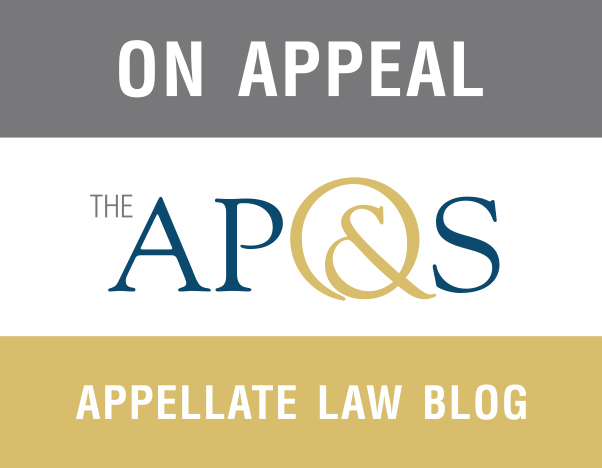Nunez v. Merrimack Mutual Fire Ins. Co., 88 A.3d 1146 (R.I. 2014): In Nunez, an insurance coverage decision, the Rhode Island Supreme Court held that the property damage at issue, which was caused by corrosion, was not covered by the plaintiffs’ insurance policy.
In that case, the homeowner plaintiffs initiated a claim under their homeowners’ insurance policy when the oil heating system in their basement began to leak. The insurance company’s investigator concluded that the leak may have occurred over time and noted that the feed line was severely corroded in several areas. He further indicated that the feed line had a very slow, weeping, corrosion leak. After receiving a report of the investigator’s conclusions, the insurance company denied the plaintiffs’ claim, relying on a provision in the insurance policy that excluded coverage for losses caused by “[s]mog, rust or other corrosion.”
The plaintiffs, however, maintained that the loss was covered, relying on a provision that provided coverage for “[s]udden and accidental tearing apart, cracking, burning or bulging of a steam or hot water heating system, an air conditioning or automatic fire protective sprinkler system, or an appliance for heating water.” The plaintiffs argued that the release of oil from the feed line was unexpected or unforeseen from their standpoint and, therefore, a “sudden” loss under the policy.
On appeal, the Supreme Court rejected the plaintiffs’ argument, concluding that the exclusion was unambiguous and made it clear that the policy did not cover losses caused by corrosion. In doing so, the Court refused to “wedge the loss resulting from the gradually corroded oil feed line into the category of ‘sudden and accidental tearing apart, cracking, burning or bulging of a steam or hot water heating system.’”



